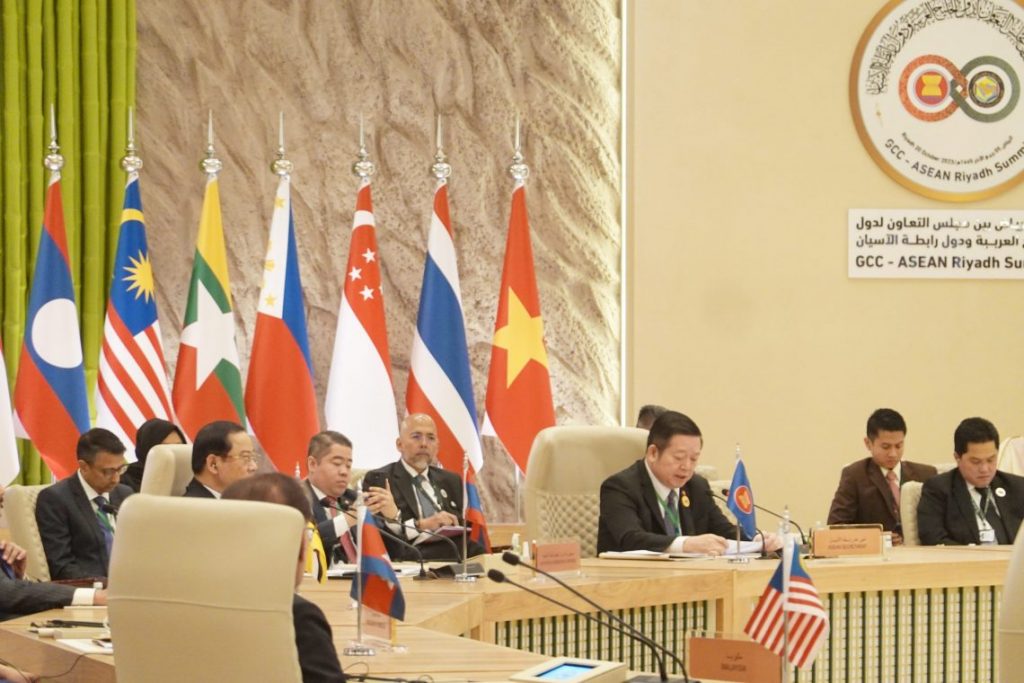By Alicia Buller – Arabian Business
What did Amazon get right with the brand takeover of popular local retailer Souq?

Rebranding at any time can be a tricky business, and costly too.
Nearly two years after Amazon purchased regional e-commerce site Souq.com for $580 million, the US tech giant officially launched in the UAE as Amazon.ae in May.
New data from YouGov BrandIndex revealed that the transition has been “positively received” and has helped the brand strengthen its perception among UAE residents.
The launch campaign in May had the desired effect in terms of cut-through, as Amazon’s Attention score increased by 7.3 points in one month, rising from 19.1 in April to 26.4 at the end of May 2019, said YouGov.
For the same time period, Buzz, which measures whether consumers have heard positive or negative things about a brand, saw an uplift of +4.6.
Word of mouth, which measures social references, saw an increase of 5.8 points in May as compared to April scores.
“At this point, it seems like the rebranding exercise has been a success for Amazon and the future looks positive for the brand,” said YouGov in a statement.
Anatomy of a takeover
So what did Amazon get right with the brand takeover of popular local retailer Souq?
Stefano Ferro, managing partner at Dubai-based brand consultants CLAY Branding, said that Amazon did well to slowly transition Souq fully to its own branding.
“Amazon endorsed Souq at first, showing respect for the former’s customer base, and then came into its own to unequivocally establish total ownership and, therefore, replace Souq with Amazon in people’s mindsets.”
Ferro says it may take longer to replace a local brand such as Souq in people’s hearts, but the Amazon brand “has what it takes” to do so.
“The question I would ask is the extent to which the culture of Souq and the culture of Amazon are compatible. I can only assume they are close enough or the deal might not have gone through. Only time will tell,” the branding expert added.
Stephen King, lecturer in media at Middlesex University Dubai, argues that Amazon’s takeover of Souq wasn’t a “rebranding” but rather a takeover. “To the outside world there would be little difference,” the lecturer said.
King said a straightforward rebrand would require the same company to adopt a new logo, tagline, positioning and personality. But in the case of Souq, the brand was retired and replaced by the existing Amazon brand.
“The Amazon case is also unique due to the way it personalises its relationship with the customer. This helps to establish a very familiar relationship from the outset making it extremely convenient to use the service. It’s almost a seamless transition,” the lecturer said.
King said that the advertising campaign to announce the Amazon acquisition and to encourage customers to migrate was “effective and smoothly done”.
“It wasn’t abrupt and took place over a reasonable period where both brands were used together, before Souq was retired completely.”


